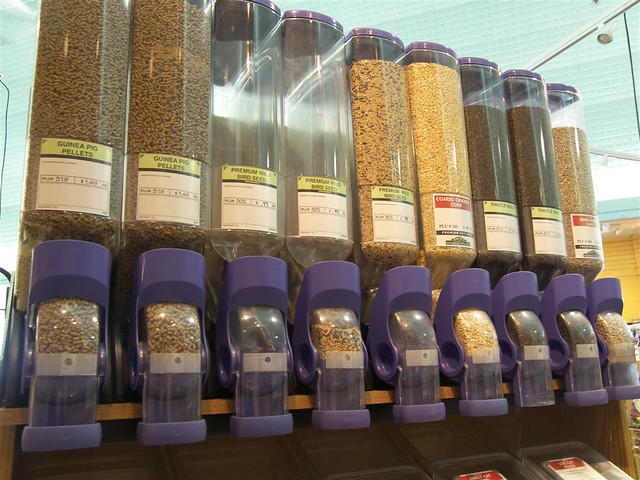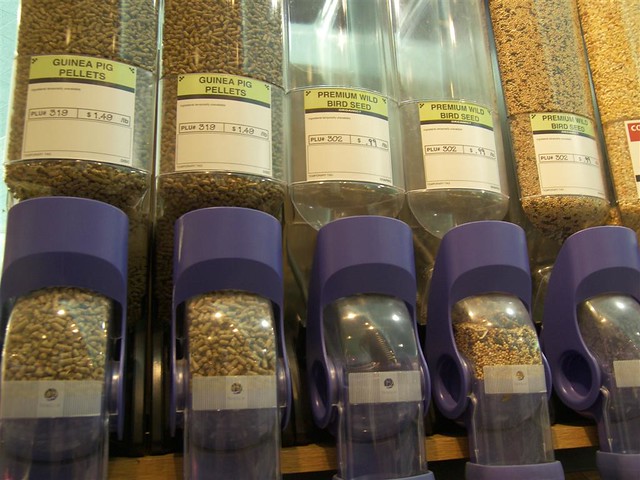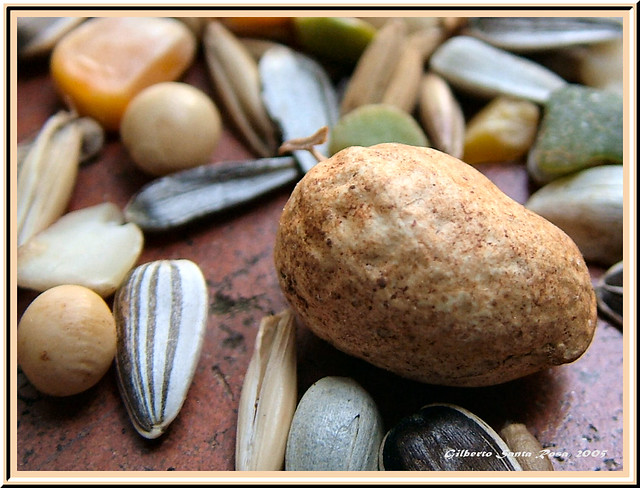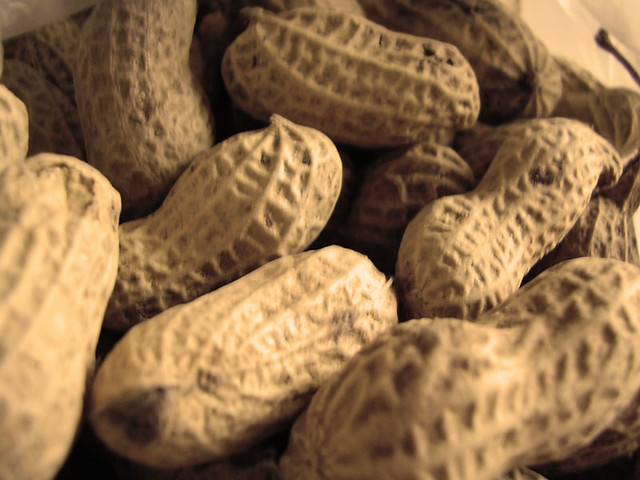 |
| Two Budgerigars (also known as Budgies) in love(Photo credit: Wikipedia) |
Place the seeds in a flat dish so that it is easy for removal The feeding can be done once a day. Seeds which have not been eaten by the budgies can be reused. Just blow over the feeding dish to remove the husk and then top up the remaining seeds.
Budgies also love coriander leaves and greens. Beetroot, spinach, lettuce, and cabbage may also be given. Put these leaves into the cage and watch the budgies tear them up into little bits as they eat them. Give only fresh leaves as old or refrigerated leaves may cause digestion problems for the budgies. Remove any leftovers from the cage.
Foods NOT to be given
Do not give Avocados, chocolates, apple seeds, coffee, tea, tomato leaves, peach seeds, eggplant, peanuts, etc to your budgies as these contain substances which can prove to be toxic to the budgies.
Water for Budgies
Budgies need fresh water every day. Keep a constant supply of water in the cage. Replace the water if it has become soiled. Special water dispensers suited for birds are available. This prevents the water from getting soiled.
In the wild, budgies descend in large groups over water bodies. They love to bathe. You can keep a shallow bowl of water and watch them bathe. Bathing water can be provided twice a week.
CuttleBone for Budgies
Budgies, especially female, need calcium as they lay eggs. Calcium deficiency can cause a dangerous condition called egg binding in female budgies where the eggs, having soft shells due to lack of calcium, get stuck in the vent, causing death.
Hence, it is vital that the diet the budgies eat contains a lot of calcium. The Cuttlebone is a common source of calcium. Cuttlebone, as the name suggests, comes from the cuttlefish. It is available in all pet stores. The cuttlebone may be placed inside the cage. Some pet owners prefer to crush the cuttlebone into powder and add to the budgies' food.
You can also provide other sources of calcium for your budgies such as broken eggshells and commercial calcium supplements which are available in the market.
Another alternative would be to use mineral blocks. Mineral blocks are supplements which contain calcium as well as other ingredients such as phosphorus, zinc, Iron, Magnesium, etc necessary for the health of the budgie.
The site providing information on caring for a pet and getting started with a hobby of your choice. - http://www.petsnhobbies.com Article Source: EzineArticles |




